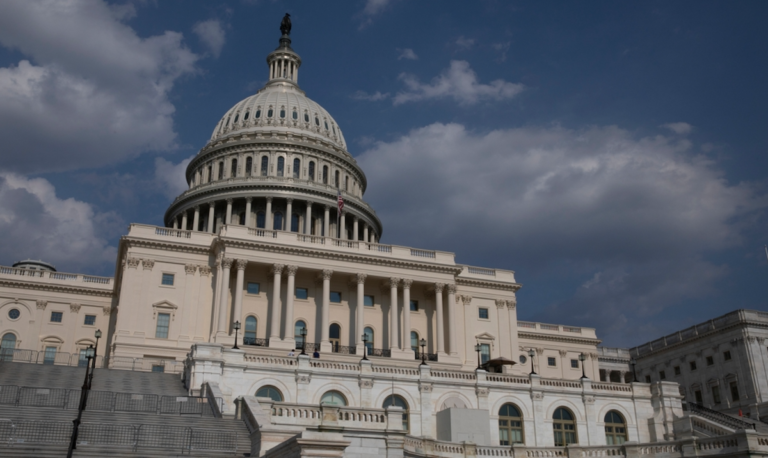There’ll be a moratorium on new banking rules — at least for a bit.
A trio of the top financial services industry regulators told the House Financial Services Committee Wednesday (Nov. 20) that any new rulemaking would not commence until next year, after the incoming Trump administration begins.
Testifying before the Committee were Acting Comptroller of the Currency Michael Hsu, FDIC Chairman Martin Gruenberg and Federal Reserve Vice Chair for Supervision Michael Barr.
And though there may be a lull for a few months, and much remains to be seen how the new administration may view regulations, the testimony and interactions during the hearing titled “Oversight of Prudential Regulators” with lawmakers revealed some concerns with ongoing risks within the banking sector.
Banking System Resilient but Risks Remain
Much of the back and forth between lawmakers and the panelists centered on politics — with finger pointing at the outgoing and incoming administrations, with at least some charges that that regulations have been partisan. But the day also offered up clues as to what will be on the roadmap even with a change in the White House and when Congress resumes session.
In his testimony provided to the Committee, Barr noted that “overall, the banking system remains sound and resilient … Bank lending has continued to grow, albeit at a modest pace that reflects decreased demand and tighter lending standards than we have seen since early last year.” He added that “we are carefully monitoring the continued rise in delinquency rates among certain commercial real estate loans … Cybersecurity risk also continues to be a supervisory priority.” And, offering up a timeframe for the modification of risk based capital requirements in the Basel III Endgame proposal, Barr said that “these initiatives have been joint efforts among the Federal Reserve, FDIC, and OCC, and we look forward to that continued collaboration next year.”
Gruenberg’s testimony took note of what he termed “a dramatic increase in false advertising and misrepresentations about FDIC insurance coverage from nonbank companies” that violates regulations. “Misuse of the FDIC-associated terms weakens consumer confidence in the FDIC and the banking system in general. Consumers are harmed by these false and misleading statements and may mistakenly believe their funds are insured when they are not.”
Looking at Bank-FinTech Relationships
Hsu’s remarks spotlighted that the OCC has observed “an increase in the sophistication of malign actors, impacting cyber risk and anti-money laundering (AML) risk. Banks must remain vigilant and continuously improve their cyber, operational, and AML risk management controls and capabilities. Doing so can also enable better fraud detection and prevention, a topic of increasing salience to banks, consumer advocates, and regulators.”
The July 2024 Request for Information on bank-FinTech arrangements has seen its commentary period close; agencies are still working through the feedback. “Whatever steps the OCC and other federal banking agencies take, as long as FinTechs remain licensed and regulated solely at the state level, there is likely to remain a regulatory gap that some nonbanks will continue to exploit. I support the Treasury Department’s call for federal payments regulation and a chartering regime for nonbanks,” said Hsu.


